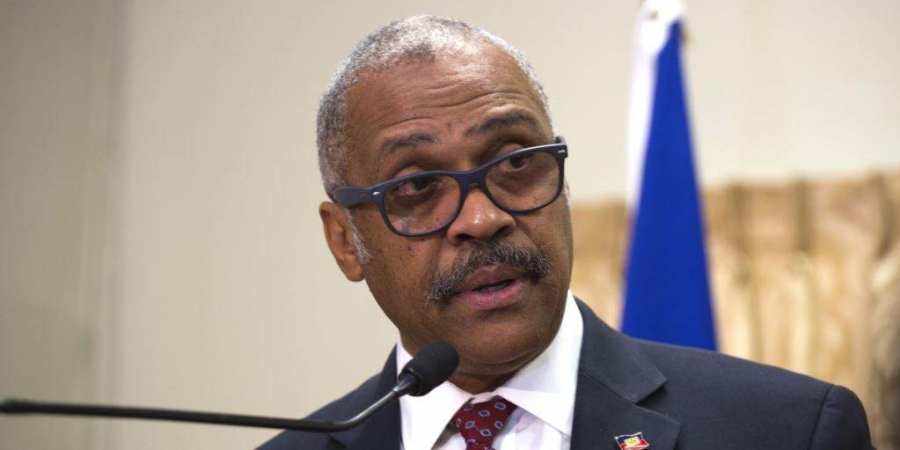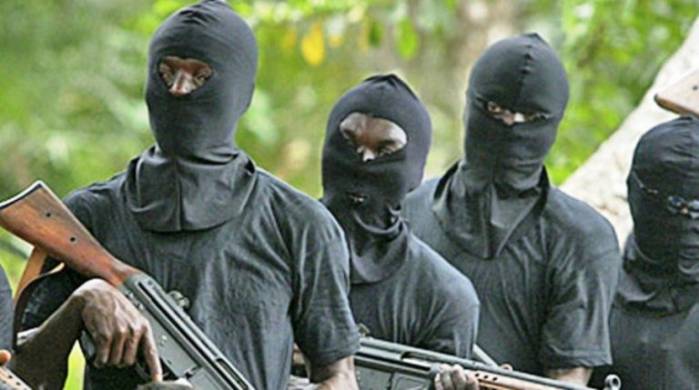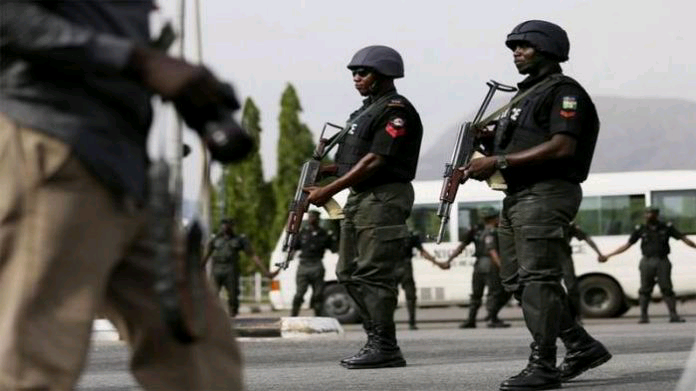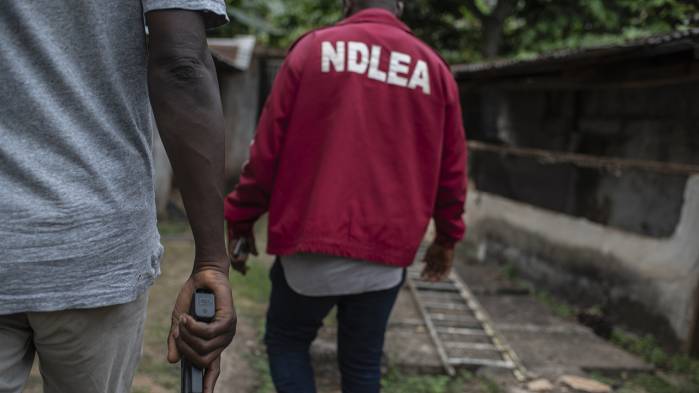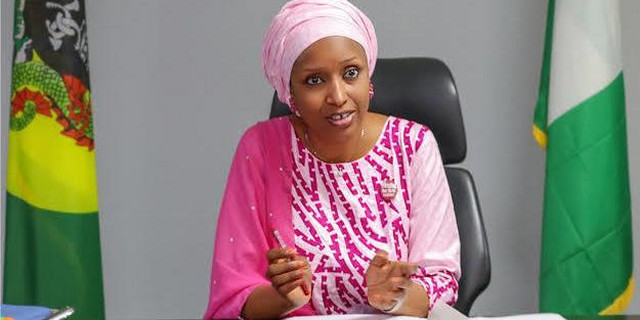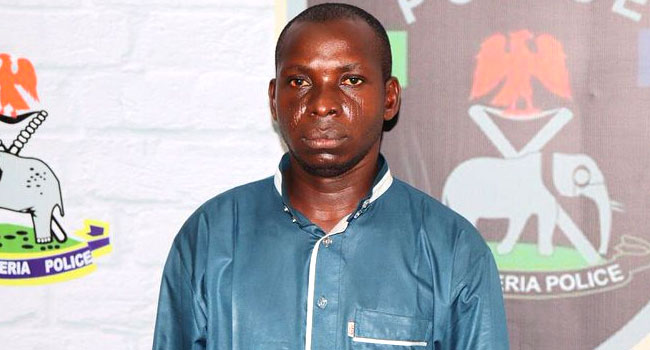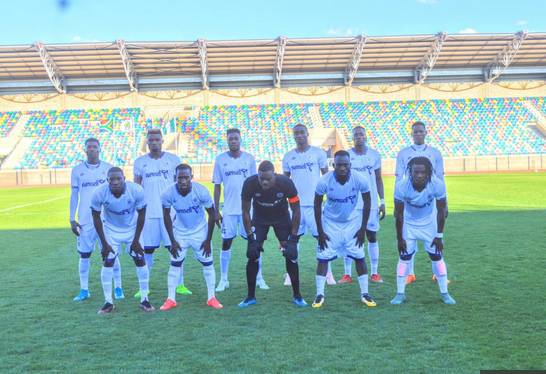The Prime Minister of Haiti, Jack Guy Lafontant, has resigned after days of violent protests against fuel price hike.
In a speech in the lower house of Congress in the capital, Port-au-Prince, he said President Jovenel Moïse, had accepted his resignation.
There had been calls for a vote of no-confidence in Mr Lafontant in Congress during the riots.
At least four people were killed with shops and buildings burnt and looted.
The unrest started after the government unveiled a proposal to remove fuel subsidies.
This would have increased the price of petrol by 38% diesel by 47% and kerosene by 51%.
The capital, Port-au-Prince, was immobilised and dozens of shops and businesses attacked.
The government responded by suspending the reforms.
In February, the country signed an agreement with the International Monetary Fund to carry out structural reforms to promote growth.
The IMF argued getting rid of the fuel subsidies would free up cash for other things like education, health and job creation.
But many of the protestors accused the government of being out of touch with their economic difficulties in one of the world’s poorest countries.
A government spokesman said the suspension of the fuel price hike was temporary while the political crisis was tackled.
But opposition MPs in Congress warned that if the price increases were reinstated there would be more violence and protests on the streets.
The IMF suggested on Thursday “a more gradual approach” to ending fuel subsidies which were expected to generate around $300m (£226m).
There were also fuel protests in 2015 where demonstrators demanded a reduction in prices.
……………………………………………………….
Israel deals ‘hardest blow’ to Hamas since 2014 Gaza war
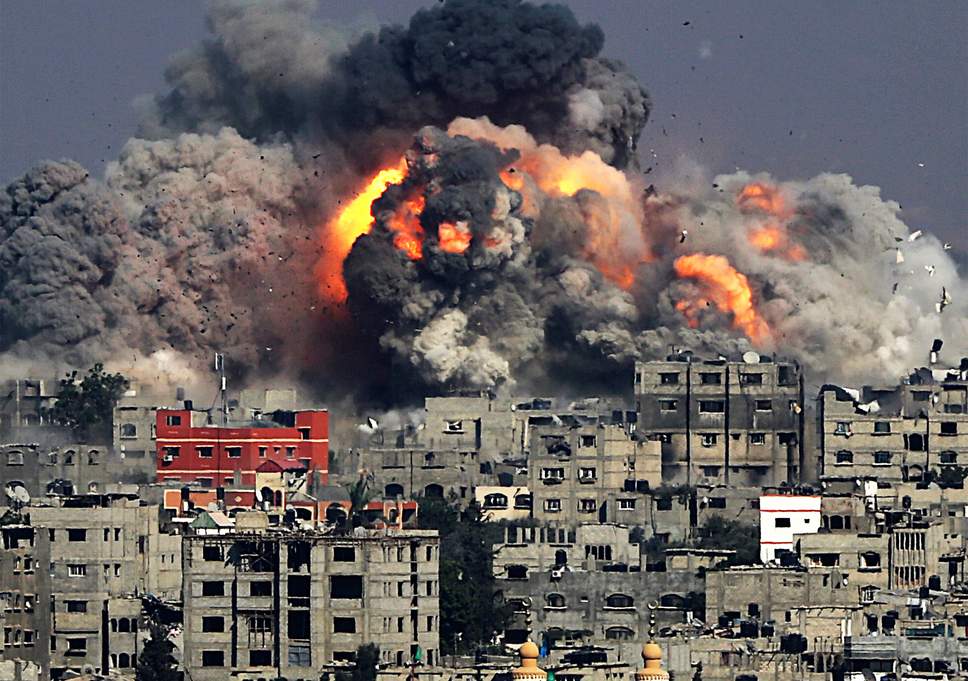
Israel has carried out its biggest attack against Hamas militant targets in Gaza since the war in 2014, Prime Minister Benjamin Netanyahu says.
The raids were a response to rockets fired into Israel, he said.
Hamas said a truce had been agreed, but there have been reports of further exchanges.
Palestinian health officials said two people were killed and 12 injured in an air strike in Gaza City on Saturday.
Three Israelis were hurt by one of more than 90 rockets fired on Israel.
The Israel Defense Forces (IDF) said it had struck facilities used by Hamas, which dominates Gaza, including a battalion headquarters in Beit Lahia, a training camp located in a high-rise building in the al-Shati refugee camp in northern Gaza, weapons storage facilities and rocket launchers.
“In consultation with the minister of defence, the chief of staff and the top security command of the state of Israel, we have decided on strong action against Hamas terrorism,” Mr. Netanyahu said in a video statement.
“The IDF have struck Hamas with the hardest blow since Operation Protective Edge and we will increase the strength of our attacks as necessary,” he added, referring to the 2014 conflict.
However, Palestinian officials said a ceasefire had now been agreed thanks to “Egyptian and international efforts.”
Israel has not commented on the report.
Witnesses told Reuters news agency an Israeli strike had hit an empty building in Gaza City and that the casualties were passers-by.
Hamas said another Palestinian had died after being shot by Israeli troops during border protests on Friday.
The IDF said dozens of rockets had been fired on Israel from within Gaza.
One rocket hit a home in the town of Sderot.
Three people suffered shrapnel wounds.
The attacks came amid an escalation of violence in the region in recent months.
They coincided with mass demonstrations along the border which saw thousands of Palestinians express their support for the declared right of Palestinian refugees to return to their ancestral homes in what is now Israel – as well as demanding an end to the blockade of Gaza imposed by Israel and Egypt.
Israel and Egypt say the blockade is a necessary security measure against militants.
………………………………………………….
Cuba to recognise private property under new constitution

Cuba will officially recognise private property for the first time under a new constitution that features a number of far-reaching changes, state media say.
Property sales were banned after Fidel Castro came to power in 1959, but permitted after a law change in 2011.
The communist-run state’s new constitution will reaffirm that central planning and state enterprise are key to the economy.
It is expected to be approved by a vote at the national assembly next week.
The draft constitution would then be put to a popular referendum for final approval later this year.
If it is passed it will replace the existing constitution which was approved by the Communist Party in 1976.
Under the proposed reforms the party will remain as Cuba’s dominant political force, reports say.
But presidents will be limited to serving two consecutive five-year terms and political power will be divided between the president and a prime minister.
It will ban discrimination based on gender, ethnic origin or disability.
LGBT groups are hopeful it will also legalise same-sex marriage.
Since 2010, Cuba has undergone a series of market reforms aimed at boosting the island’s economy.
The National Assembly proposed a number of constitutional reforms last month – including presidential term limits and the legalisation of same-sex marriage – as the country moves to decide its political future.
The last constitutional reform in 2002 decreed that the socialist character of the political system in Cuba was “irrevocable.”
The intention of the proposed reforms is to constitutionally formalise the island’s economic and social opening-up while maintaining this “irrevocable” socialist system.
President Miguel Díaz-Canel announced last month that former President Raúl Castro would lead the potential reforms.
Mr Díaz-Canel took over from Mr. Castro as the country’s leader in April.
The Castro brothers, first Fidel and then, Raul, ruled the country between 1959 and 2018.
………………………………………………………….
Nicaragua crisis: One student killed as bloody church siege ends
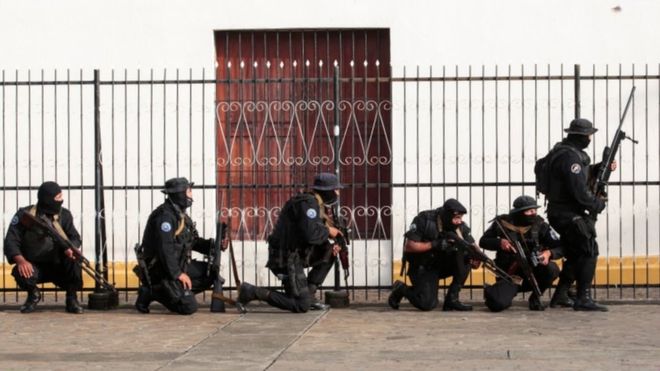
At least, one student died during an attack on a church where dozens of protesters had sought shelter after more violence erupted in Nicaragua.
The students, who had been taking part in protests on a day of a national strike, came under attack from paramilitaries and became trapped in the church on Friday evening.
Protesters have been demanding the resignation of President Daniel Ortega.
Following the latest clashes, a group of about 150 students were holed up in a church building close to the main university in the capital, Managua, along with priests and journalists.
The Nicaraguan Bishops’ Conference said the young man killed in the church attack had been hit in the head by a bullet during what it referred to as a fierce assault carried out by police and paramilitary forces.
There are also reports of a second student killed and several others injured.
“We were told that there were two dead and several wounded,” said Cardinal Leopoldo Brenes as he arrived at the church of the Divine Mercy to mediate between the parties.
Students who were evacuated from the church will be transferred to the Cathedral of Managua, according to reports.
A journalist working with BBC Mundo, who is inside the church, earlier tweeted a picture of the body of the first victim.
According to him, the student was called Gerald and was from Masaya, an opposition stronghold south of Managua.
The death of a policeman has also been reported following clashes between protesters and a counter pro-government demonstration.
The Catholic Church, which has been acting as a mediator in stalled talks between the government and the protesters, has denounced the violence.
Brazil has also denounced Friday’s attacks by security forces and paramilitaries against students and civilians as “unacceptable.”
“The escalation of violence against civil society, with physical aggressions against priests, journalists and human rights activists, are unacceptable,” the Brazilian government said in a statement.
More than 300 people are reported to have been killed since a wave of protests against the government was triggered by changes to the social security system announced on 18 April.
The protests widened and quickly turned into demands that President Ortega should step down.
The government accuses the protesters of plotting a coup d’etat against the president, who was re-elected to a third consecutive term in office in 2016.
It also accuses the protesters of holding the country hostage by blocking roads and hampering
